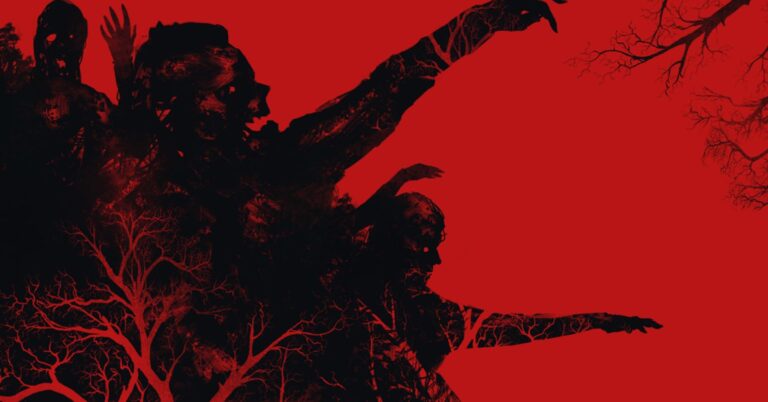
Source: Liza Summer / Pexels
Our bodies have inherited many biological mechanisms from our hunter-gatherer ancestors. For instance, they should be capable of efficiently storing energy as fat tissue when they have access to a source of nutritious food and also maintaining their fat stores during food shortages. Our brains have adapted to those harsh conditions; however, modern humans typically do not encounter such circumstances.
Moreover, the repetition or learning of any behavior leads to the formation of neural pathways in the nervous system. Every time we perceive or experience something new, it leads to the formation of new neural connections in the brain.
This results in the brain accumulating a wealth of information through a complex network of neurons known as the connectome. These new connections, the development of which is also referred to as neuroplasticity, have a substantial impact on shaping our behavior and decision-making. [1]
Neuroplasticity is the brain’s capacity to alter and adjust as a result of experiences involving the formation of new synaptic connections and the reorganization of its structure, functions, or connections in response to internal or external stimuli. Old and unused connections are destroyed, and new connections are made dynamically.
These changes may happen without our conscious knowledge and can be impacted by different factors, such as emotions, experiences, and environmental signals. Consuming food rich in sugar or salt, or highly processed fast food, can also rewire our brains and disrupt the normal mechanisms that regulate energy expenditure and appetite control. Therefore, dietary habits are influenced by genes and the connectome. [2]
Therefore, when we decide to follow a diet to lose weight, our bodies often try to resist the weight loss program after a short period of initial success. The trend of weight loss gradually slows down and may even come to a halt, and in some cases, it may even reverse. These compensatory mechanisms increase appetite to such an extent that individuals cannot resist the feeling of starvation.
Moreover, the body decreases the basal metabolic rate (BMR), the number of calories we burn to perform basic life-sustaining functions. As a result, the body increases the efficiency of its energy expenditure. These mechanisms are performed by the brain to recover and maintain fat stores.
However, some individuals can overcome harmful habits, such as unhealthy dietary patterns. Although, there is always a risk of these habits returning, even after several years. People who have quit smoking or using drugs may experience cravings and relapse after many years of being clean.
Benjamin Libet’s controversial experiment in the 1980s dealt a fatal blow to the belief in voluntary and conscious decision-making. In the experiment, he showed that the brain had already initiated its activity for the task before the person perceived that they had decided voluntarily. The subsequent studies confirm the results of Libet’s experiment. These findings sparked a revolution in neuroscience, psychology, and even philosophy, leading to the theory of “the illusion of free will.”
Despite the dominance of the “illusion of free will” theory among scholars, this theory also has some opponents. However, most are concerned about the moral consequences of the theory rather than just worrying about free will alone.
Lack of free will relieves humans from the responsibilities of their decisions and behaviors. The publicity of this theory could lead to moral and legal disaster in societies. Moreover, the absence of free will leads to determinism, which arises from imprints etched on the brain due to years of perceptions, experiences, emotions, and genetic factors.
However, the “illusion of free will” does not fully explain how we can make decisions to change our habits, even when the brain tends to persist in these behaviors. How can we consciously alter our desire for fatty and sweet foods, considering that our brain circuits may drive us to continue consuming them based on our genes and connectome?
Decision-Making Essential Reads
This question can be extended to encompass all negative habits and addictions, including drug, smoking, and alcohol addiction. Some scientists propose that apparently voluntary decisions are also the brain’s unconscious decisions. Similar to other choices, they are made before we consciously understand them. However, this justification gives rise to a new paradox: How can the brain simultaneously tend to do two opposite functions unconsciously?
Sometimes, our decisions are more complex than simply changing our lifestyle. Under certain conditions, individuals act contrary to the fundamental instinct of all living beings, which is to preserve life. Some individuals may risk their lives to save others or pursue certain ideals or beliefs. These behaviors differ entirely from what the brain evolved to do and seem unique to humans.
If the brain is wired to make certain decisions or engage in certain behaviors, it is not plausible to think that another part, at an equal level, intends to perform the opposite action. When we reject the concept of free will, we also reject the idea of a superior self in one part of the brain that can veto decisions made by other parts. Of course, accepting a superior self can easily lead us to Cartesian dualism, but acknowledging the existence of hierarchy in the brain’s components can be a way to avoid it [3].
Certain areas of the brain have greater control over others and can regulate their activity or even supersede their function. For instance, the prefrontal cortex, responsible for executive functions like decision-making, planning, and working memory, has been demonstrated to exert top-down influence on other brain regions involved in sensory processing and attention.
This indicates that the prefrontal cortex can selectively enhance or inhibit the activity of other brain regions based on task demands or goals. Conversely, specific brain regions, like the amygdala, which is responsible for emotional processing, can override the activity of other brain regions, such as the prefrontal cortex, in situations of intense emotional arousal or stress [4].
From a philosophical standpoint, free will is a contentious and complex issue. Some contend that the capacity to make decisions and follow through with them is an essential part of human nature. In contrast, others argue that factors outside our control influence our actions. They argue that decisions contrary to our instincts, such as adopting a new dietary pattern or engaging in life-threatening behaviors for personalized values, are ultimately influenced by factors beyond our control, such as our upbringing, genetics, and environmental factors.
It seems that the primitive brain, also known as the reptilian brain, which includes the brain stem and limbic region, is responsible for vital functions and has a strong influence on driving our behaviors. Controlling it is challenging for the higher brain; however, it is not impossible.





















+ There are no comments
Add yours